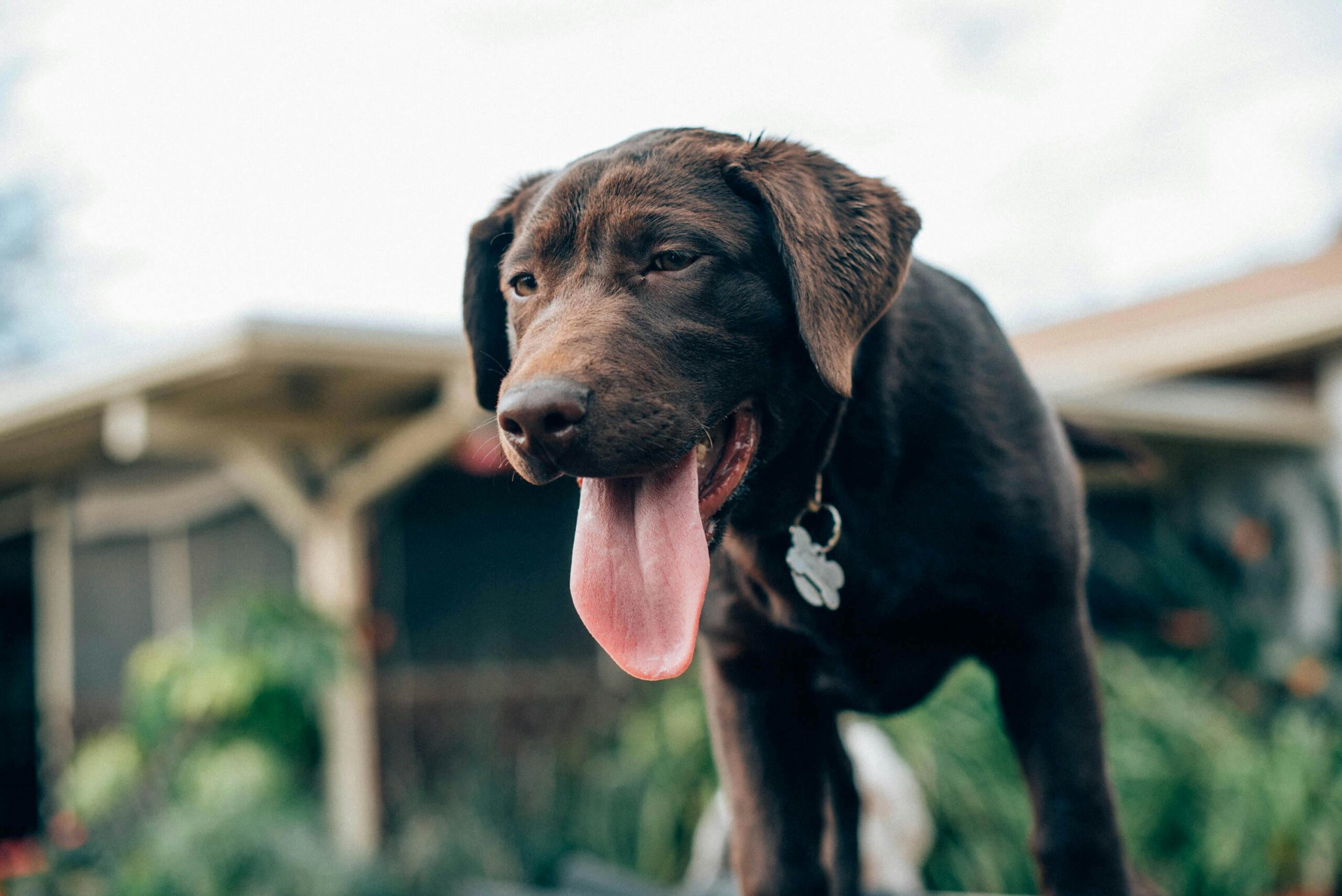
Dogs don’t sweat like humans — they cool down primarily by panting. When the temperature rises and they can’t release heat fast enough, they risk overheating. Heatstroke in dogs can escalate quickly and fatally without prompt action.
Whether it’s a hot walk, a long car ride, or just a sunny backyard, knowing the signs and what to do can literally save your dog’s life.
Watch for these symptoms, especially in summer or during physical activity:
Heavy, rapid panting is the first warning sign that your dog is too hot.
Thick, sticky saliva or excessive drooling is often a red flag.
Check their gums — bright red, pale, or even bluish gums can signal heat distress.
If your dog seems weak, wobbly, or unusually tired, they may be overheating.
Often accompanied by drooling and restlessness.
In severe cases, dogs may collapse, appear dazed, or have seizures.
If you suspect your dog is suffering from heatstroke, act fast:
Get them out of the sun and away from the heat.
Let them drink small amounts — avoid forcing it if they’re not interested.
Wet them down with cool water (NOT ice water) — especially the belly, paws, and armpits.
Use fans to speed up cooling.
Wrap them in damp towels.
Even if your dog seems to recover, internal damage from heatstroke can be deadly. Always have them checked by a vet.
Certain dogs are more prone to heatstroke:
Flat-faced breeds (Pugs, Bulldogs)
Seniors and puppies
Overweight dogs
Dogs with thick coats or respiratory issues
You can mention or link to these types of Amazon affiliate products (if you use affiliate links):
Heatstroke isn’t just a “summer thing.” It can happen indoors, in parked cars, or during overexertion. Always monitor your dog, and when in doubt — cool them down and call the vet.
Post Comment